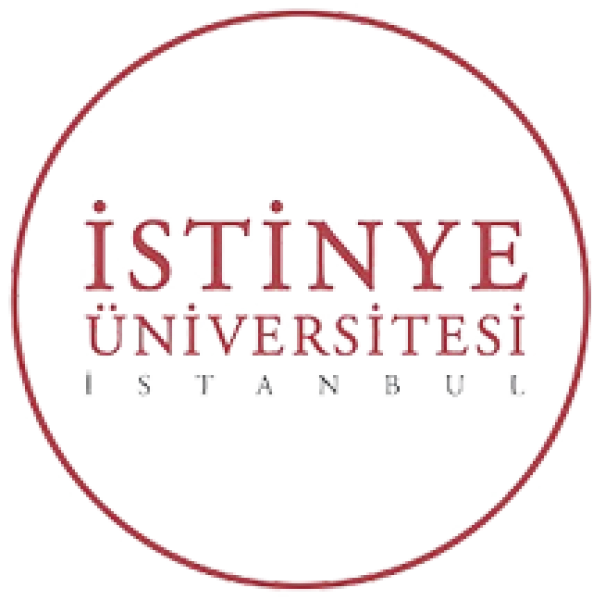College: Graduate Programs Institute
This specialization focuses on the chemical principles and applications in the development and production of pharmaceutical drugs. Students explore medicinal chemistry, pharmacology, drug design, organic synthesis, and analytical chemistry. The program emphasizes laboratory techniques, research methodologies, and regulatory frameworks. Graduates are prepared for careers in pharmaceutical research, drug manufacturing, and quality control.
Learning Objectives:
- Understand the fundamentals and applications of pharmaceutical chemistry.
- Develop skills in medicinal chemistry, drug design, and organic synthesis.
- Learn techniques for pharmacological testing and drug analysis.
- Explore principles of drug discovery, development, and regulatory approval.
- Understand the role of analytical chemistry in drug quality control.
- Analyze challenges and opportunities in pharmaceutical research.
- Develop teamwork and problem-solving skills for pharmaceutical projects.
Main Plan:
- Introduction to Pharmaceutical Chemistry - Overview of pharmaceutical chemistry and drug development.
- Medicinal Chemistry - Principles and techniques of designing pharmaceutical compounds.
- Pharmacology - Basics and techniques of pharmacological testing and drug efficacy evaluation.
- Drug Design and Discovery - Principles and techniques of drug design and preclinical trials.
- Organic Synthesis in Drugs - Basics and techniques of synthesizing pharmaceutical compounds.
- Analytical Chemistry in Drugs - Principles and techniques of drug purity analysis and quality control.
- Regulatory Affairs in Drugs - Overview of regulatory frameworks and compliance in drug approval processes.
- Research Methods in Pharmaceutical Chemistry - Principles and techniques of conducting pharmaceutical research.
- Practical Training in Pharmaceutical Chemistry - Real-world laboratory and research experiences.
- Graduation Project in Pharmaceutical Chemistry - A comprehensive project applying acquired skills in drug design or synthesis.
Assessment Methods:
- Projects in medicinal chemistry, pharmacology reports, drug design proposals, organic synthesis lab reports, analytical chemistry analyses, regulatory compliance plans, research methodology papers, practical training reports, graduation projects, group projects, and internships.
Recommended Textbooks:
- "Medicinal Chemistry" by Graham L. Patrick.
- "Principles of Pharmacology" by David E. Golan et al.
- "Drug Design and Discovery" by Jie Jack Li and Erickson.
- "Organic Chemistry" by Jonathan Clayden et al.
- "Analytical Chemistry" by Gary D. Christian.
Prerequisites:
Basic knowledge of chemistry, biology, and pharmacology. Suitable for students interested in pharmaceutical research and drug development.
Duration:
Typically 4 years to earn a bachelor's degree, including coursework, projects, practical training, and internships.
Certification:
Graduates can obtain a degree in pharmaceutical chemistry and pursue certifications in pharmaceutical research or drug development.
Target Audience:
Aspiring pharmaceutical chemists, drug researchers, quality control specialists, and professionals seeking to specialize in pharmaceutical chemistry. This specialization equips students with the chemical, research, and practical skills needed to excel in pharmaceutical chemistry, supporting advancements in drug discovery and development.


